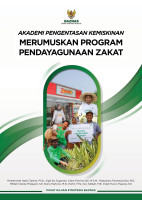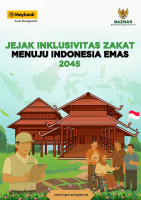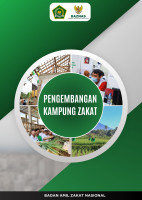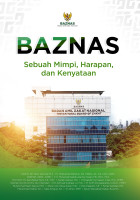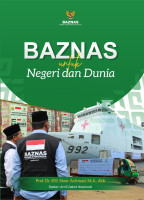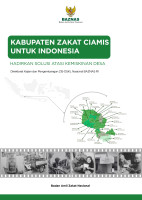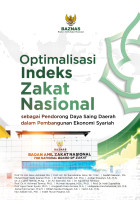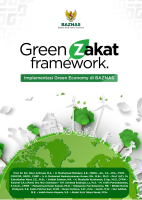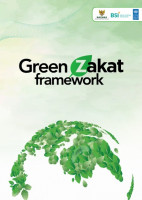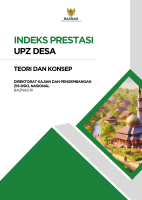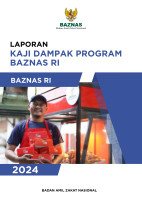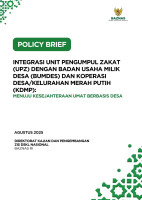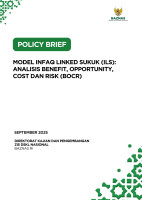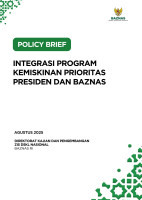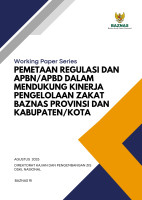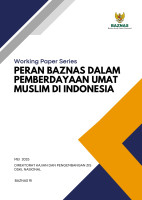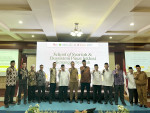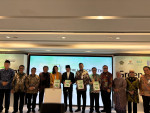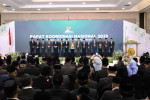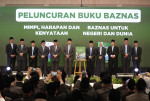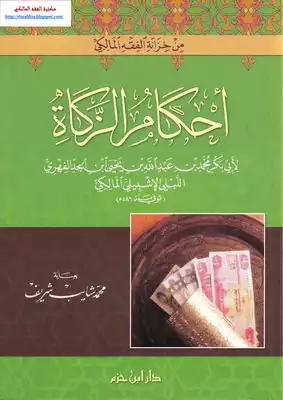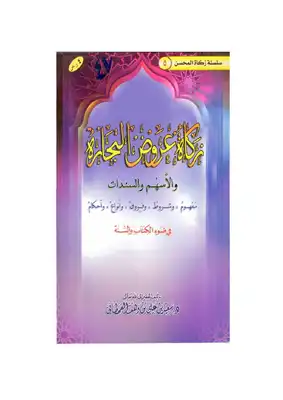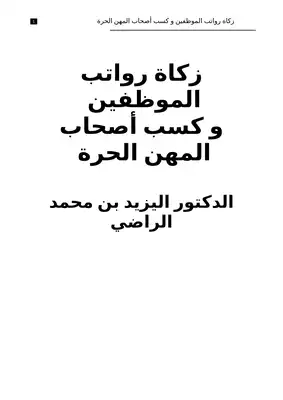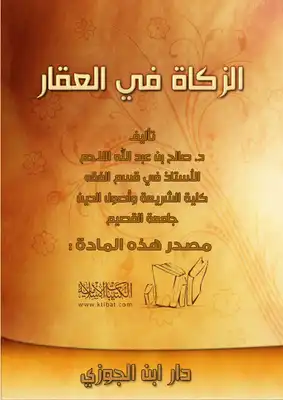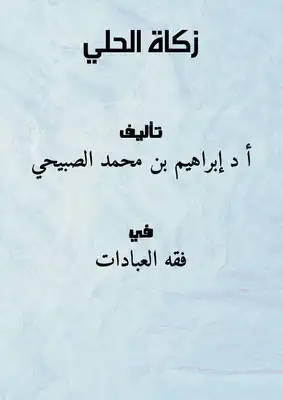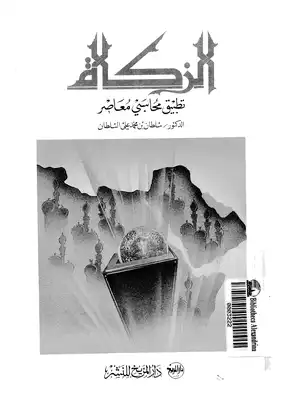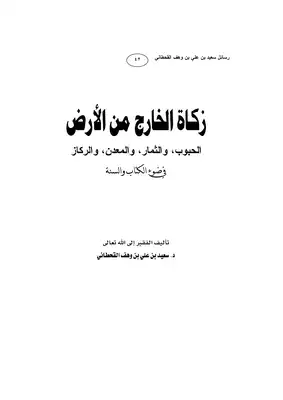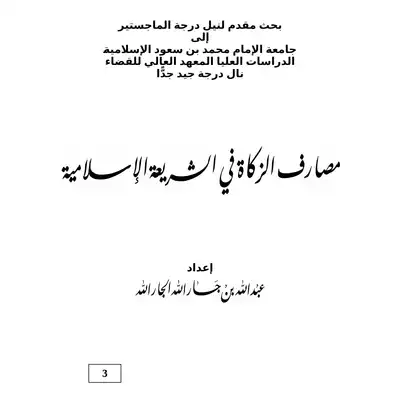The Center of Strategic Studies, The National Board of Zakat, Republic of Indonesia (Puskas BAZNAS)
In line with the vision and mission of The National Board of Zakat Republic of Indonesia (BAZNAS) that aims at becoming a trustworthy, transparent and professional zakat institution, Puskas BAZNAS is established to assist BAZNAS in realizing its vision and mission. Puskas BAZNAS is set out to conduct researches on zakat to support BAZNAS in making a decision based on scholarly and evidence-based findings. Thus, Puskas BAZNAS is the extension of BAZNAS’s effort in developing a center of strategic studies to propagate the knowledge and intellectual excellence with zakat as its topic of specialty.
OUR VISION
BAZNAS Center of Strategic Studies aims to be “The Global Reference for Zakat Literature”.
OUR MISSION
Pioneering and influencing the novelties in zakat literature.
Unlocking the abstract notions upon the research on zakat.
Strategizing and leading the global landscape of zakat literature.
Knowledgeable in the recent development of zakat discourse worldwide.
Advising the management of zakat institutions based on research findings.
Synergizing and collaborating with other related stakeholders to advance the research on zakat.
OUR OBJECTIVES
1. Partner with both national and international zakat institutions to conduct relevant topics of research on zakat. Doing this is to:
- Identify the Shariah issues related to zakat practices in both national and international levels to propose the framework of Shariah-compliance for zakat institution.
- Share the research findings with zakat institutions for potential implementation.
- Conduct researches based on the interest and needs of the industry.
2. Perform applied Shariah research to contextualize the classic understanding of zakat to the present context that can be relevant to develop the management of zakat. Doing this is to:
- Develop a standard and framework of audit-related issues for zakat institutions.
- Make relevant the collection of zakat based on the recent customs, such as using technology.
- Construct the framework of risk management in zakat collection with technology.
- Explore the potential of extending the understanding of mustahik (zakat recipients) based on the recent cases in distributing zakat funds.
- Interpret Shariah in the context of zakat institution performance.
- Establish a standard measurement for zakat institution performance based on Shariah principles.
3. Collaborate with academic institutions, such as universities and other relevant institutions. Doing this is to:
- Organize the conference of zakat.
- Transfer the research findings to academics, industry professionals and other related stakeholders.
- Find the gap in the knowledge for future research plans.
- Build networking with academics for potential research projects.
- Drive the scholarly discussion on zakat among academics.
- Provide research grant for zakat related studies.













